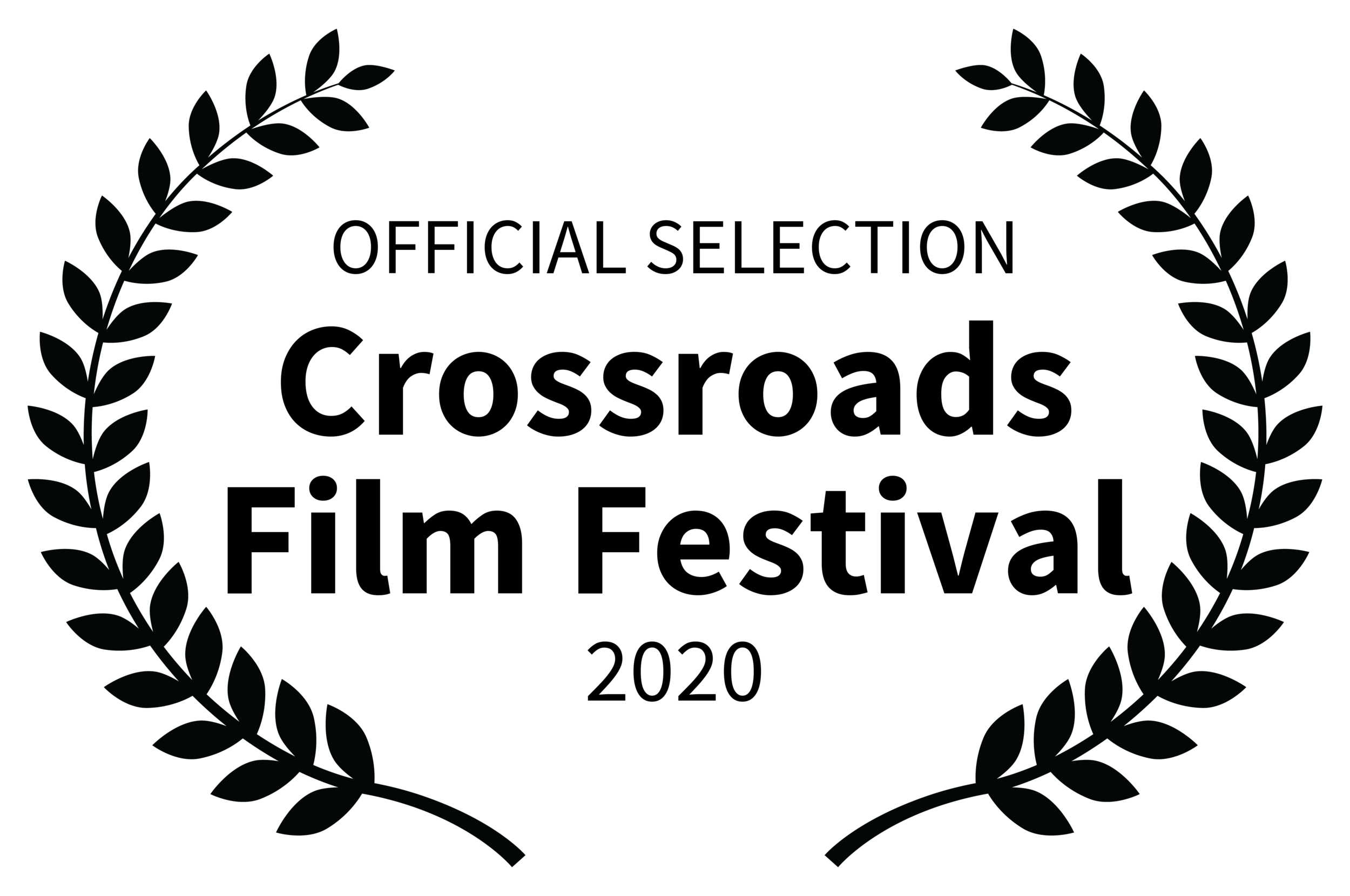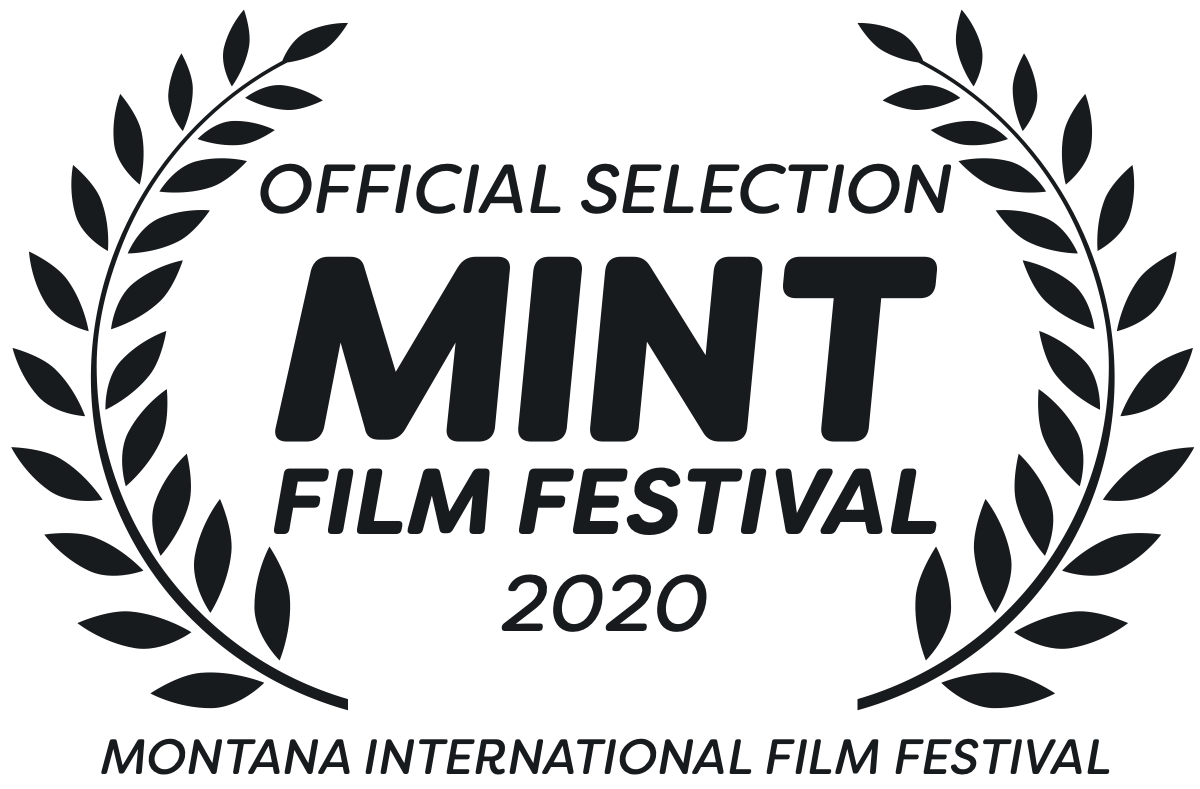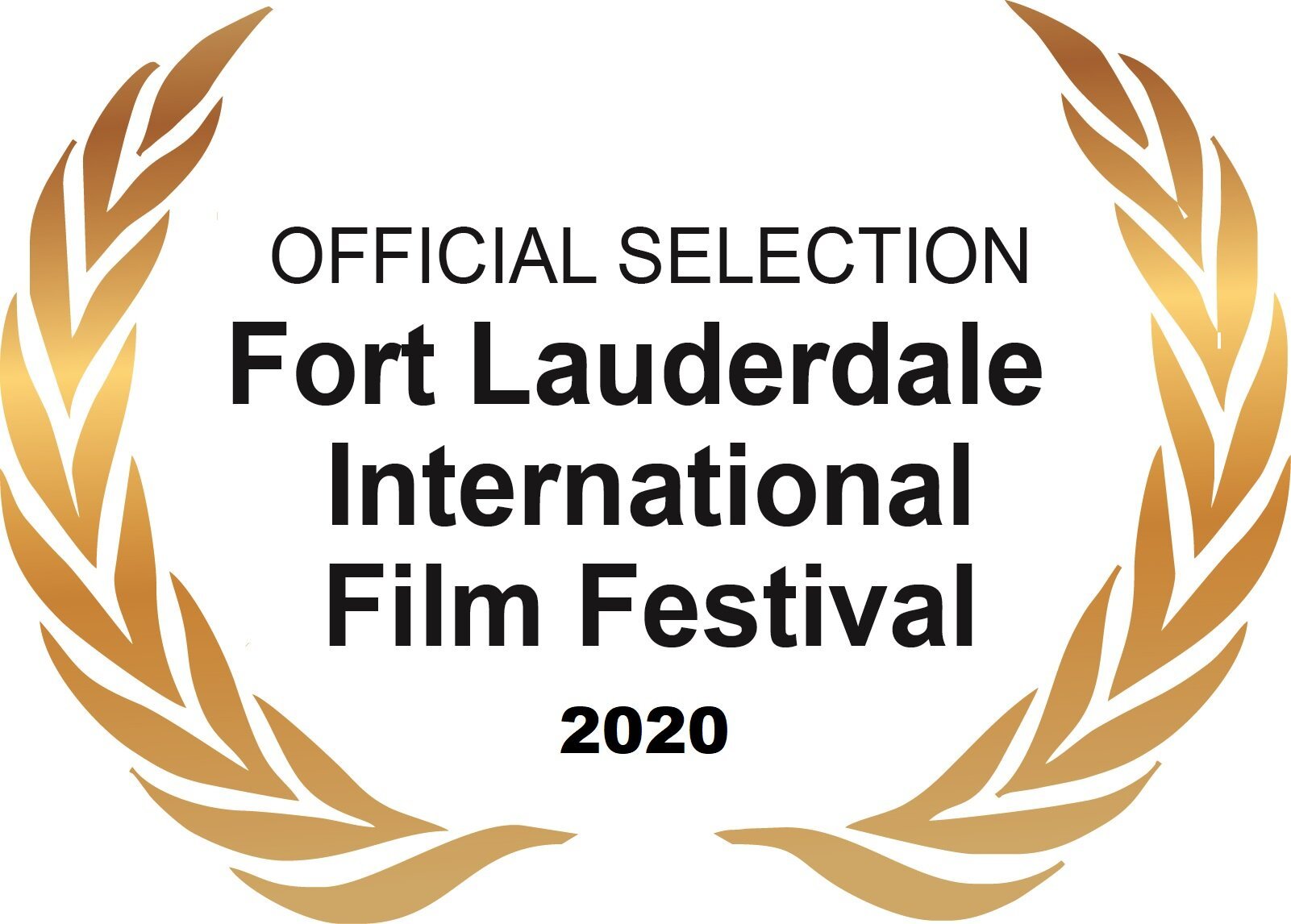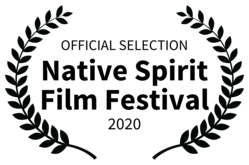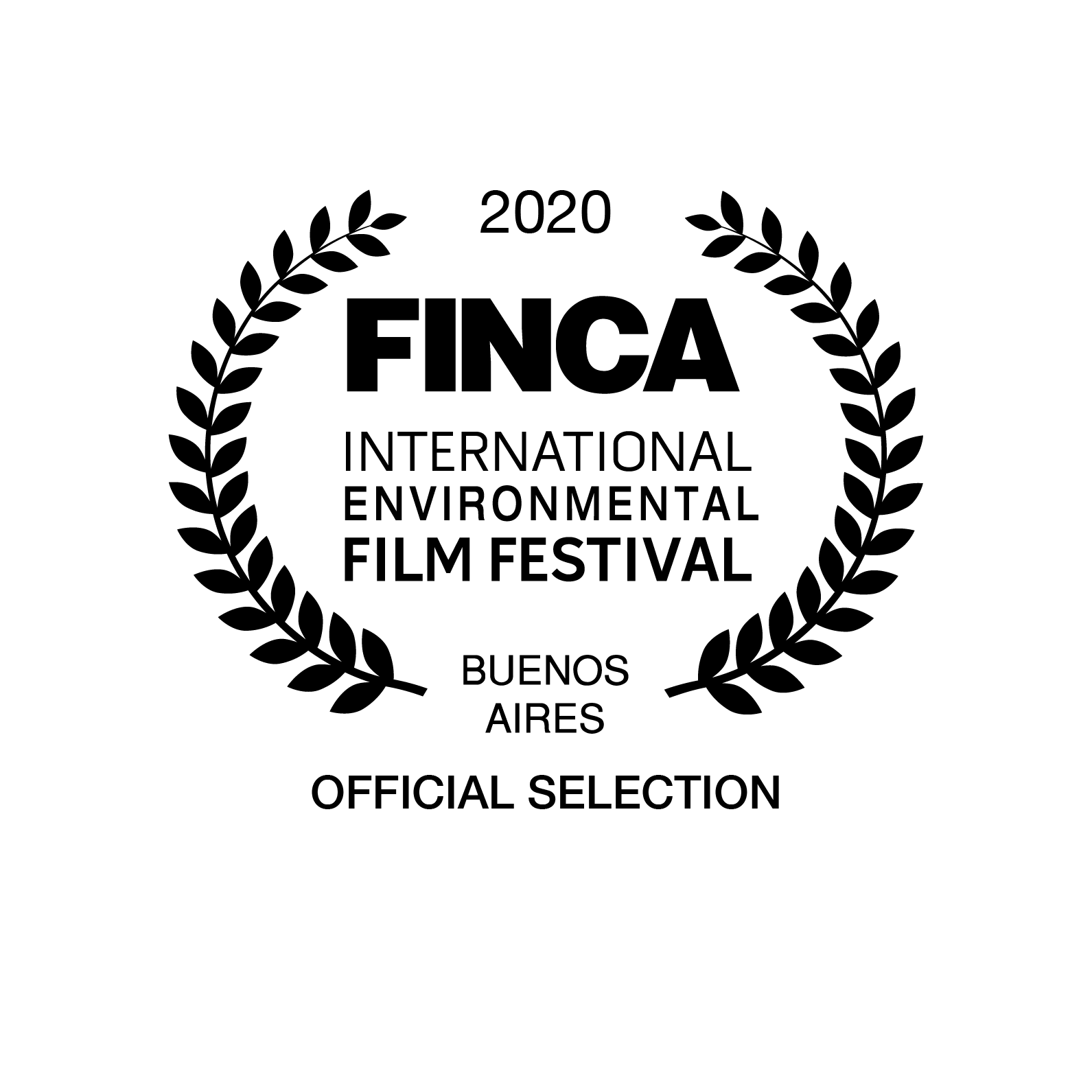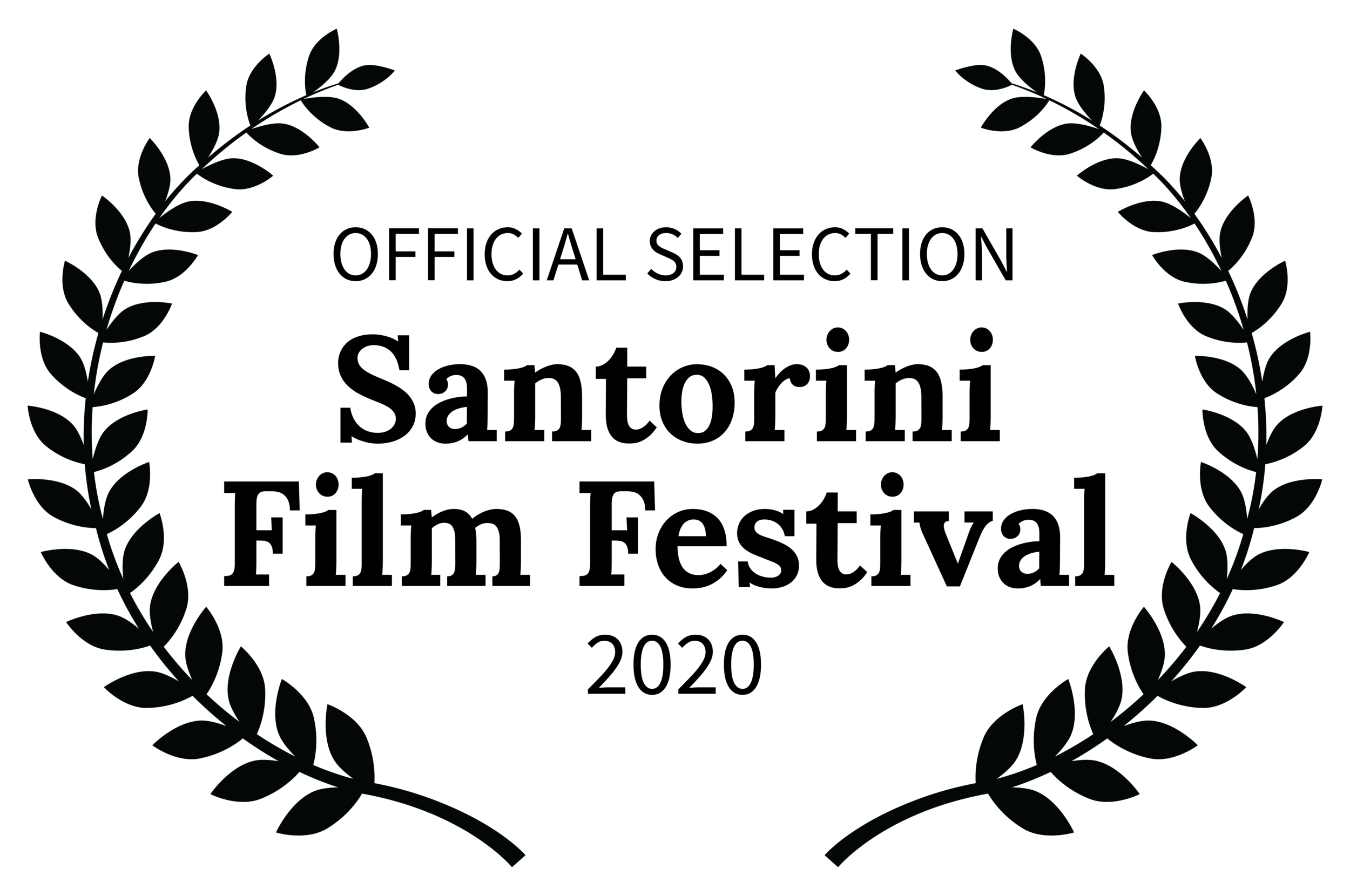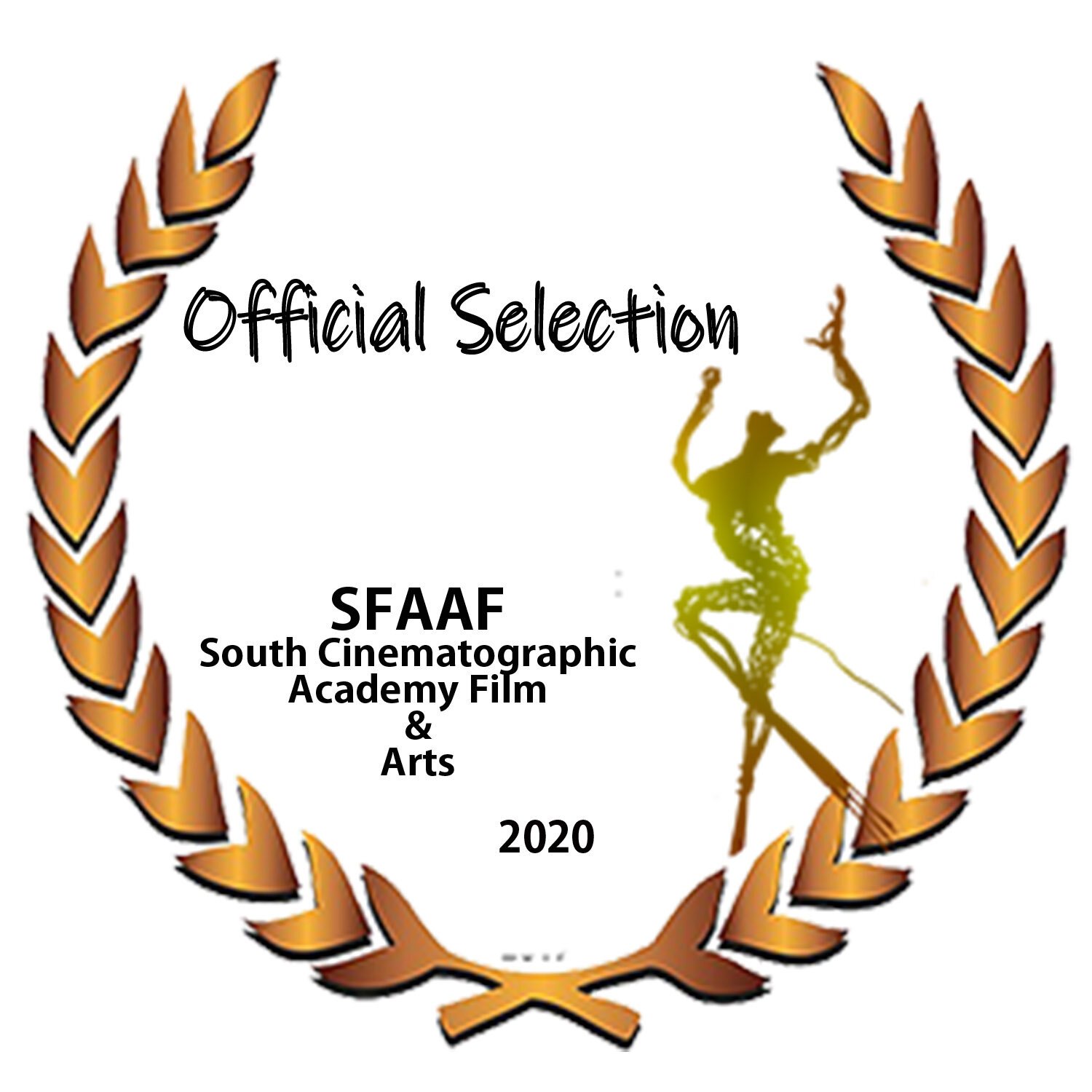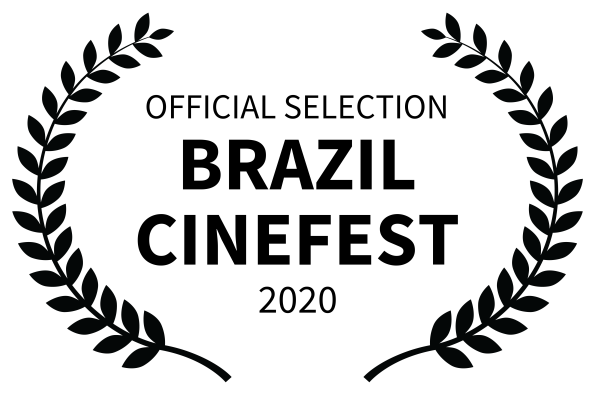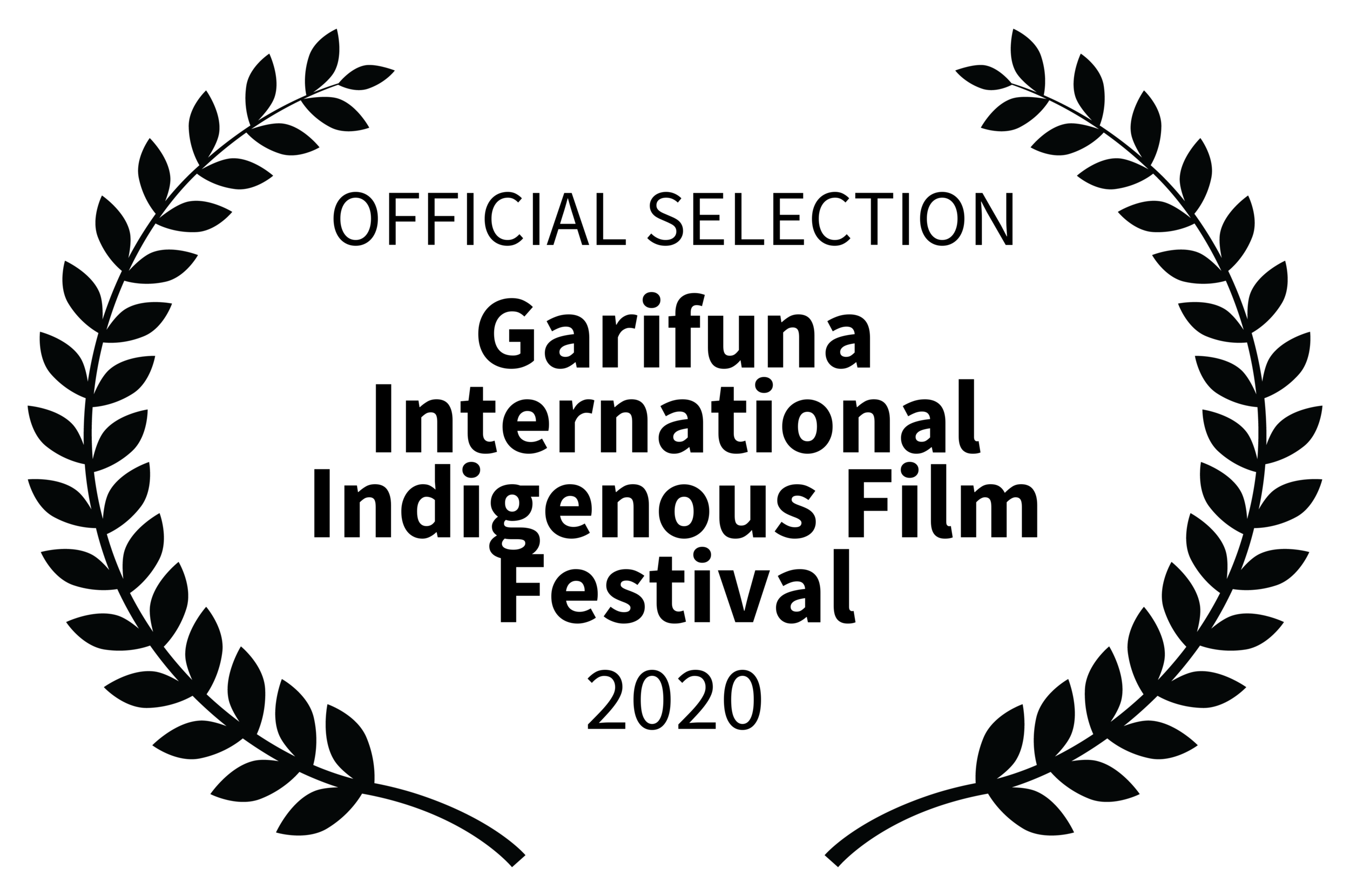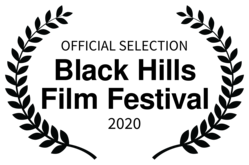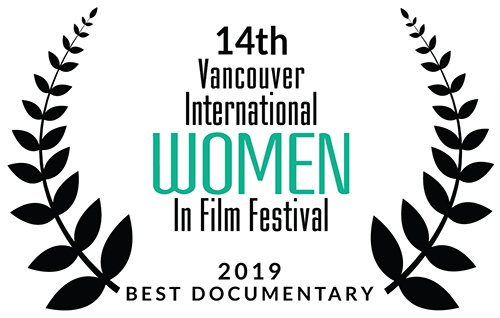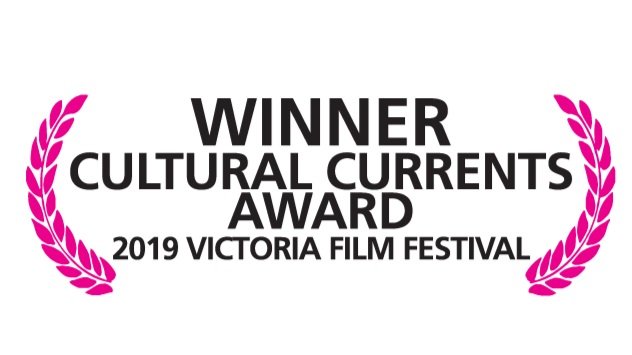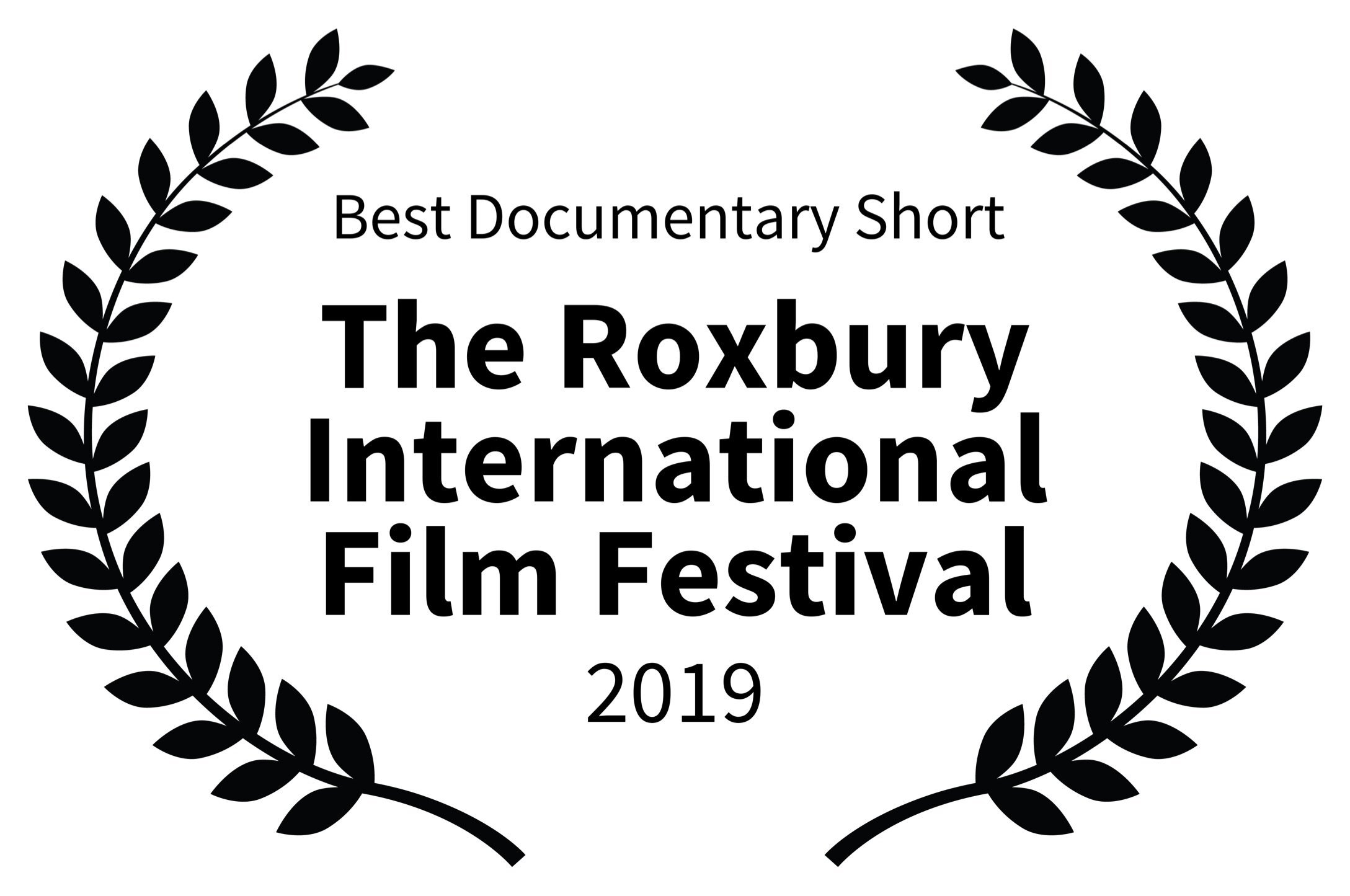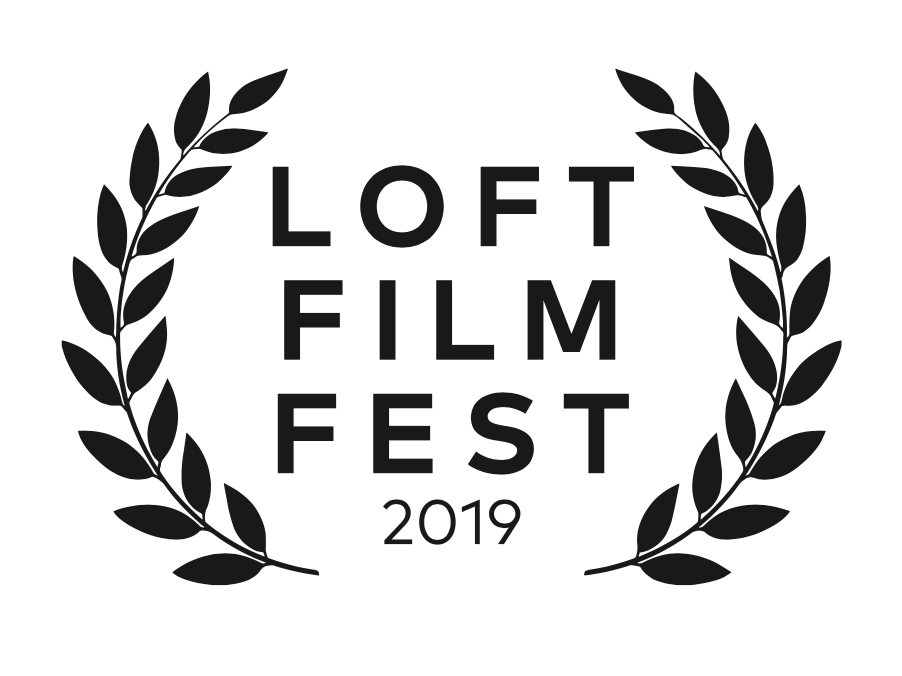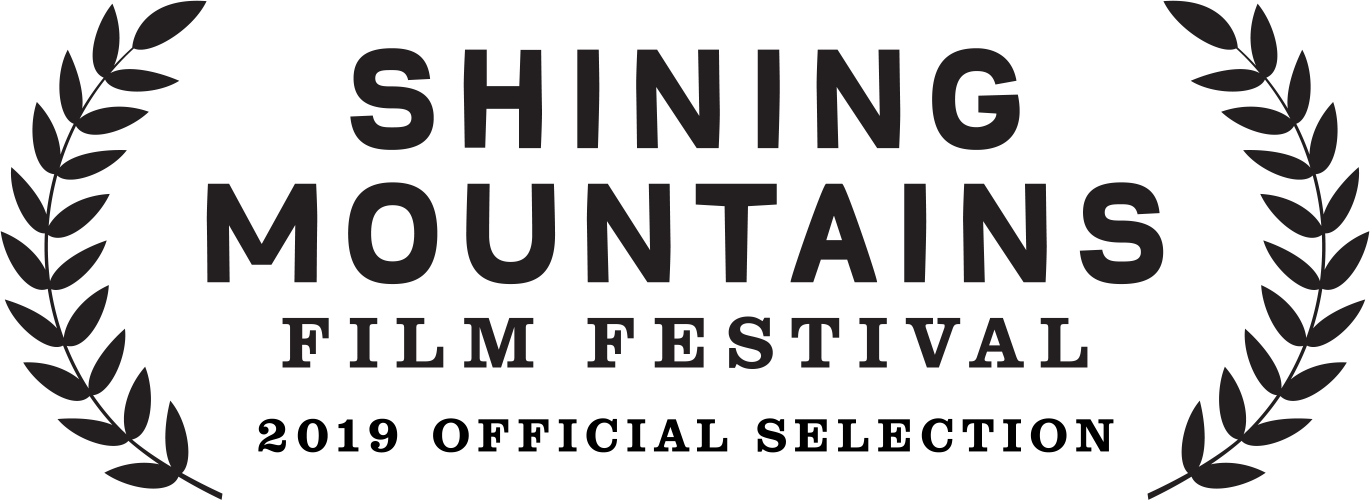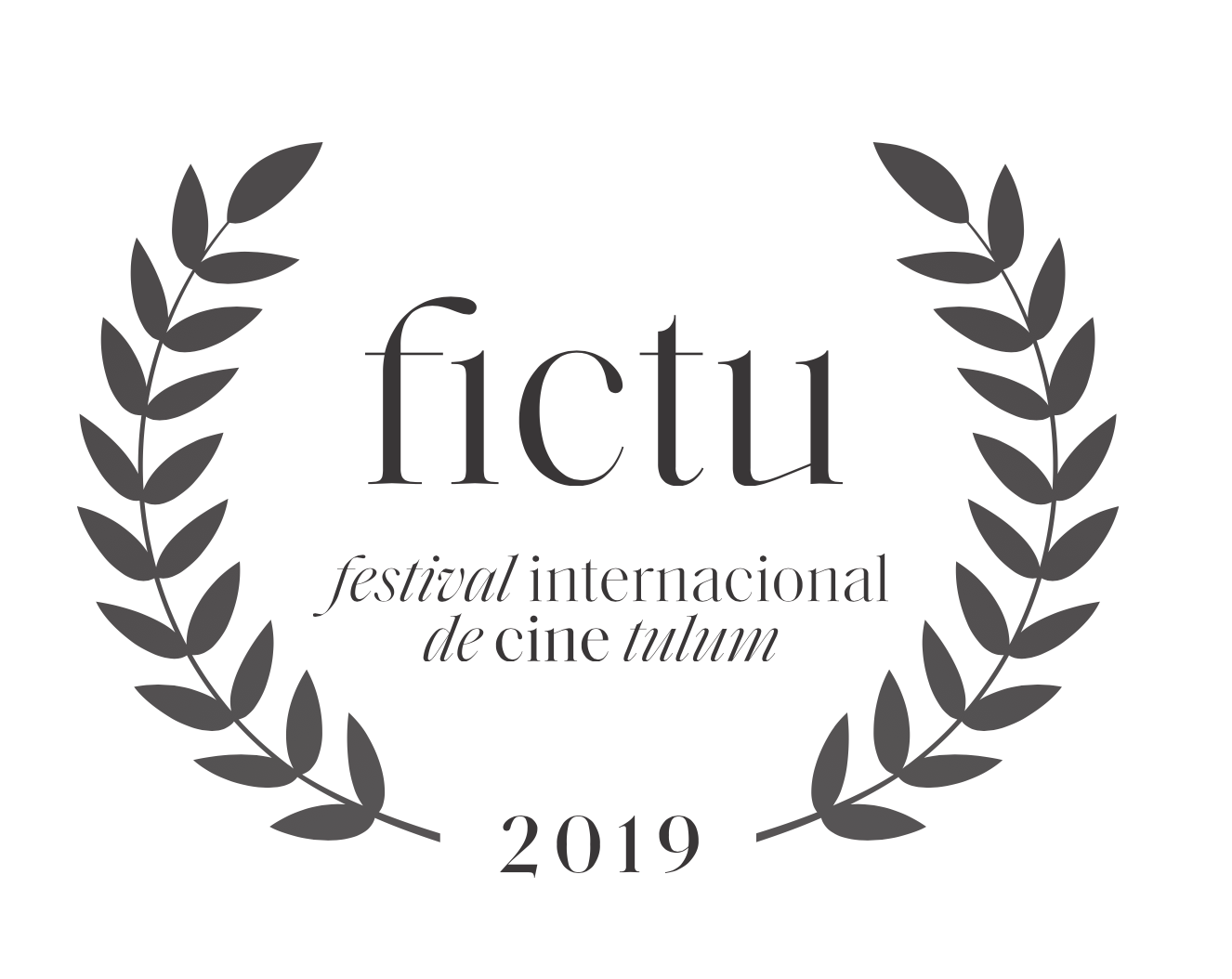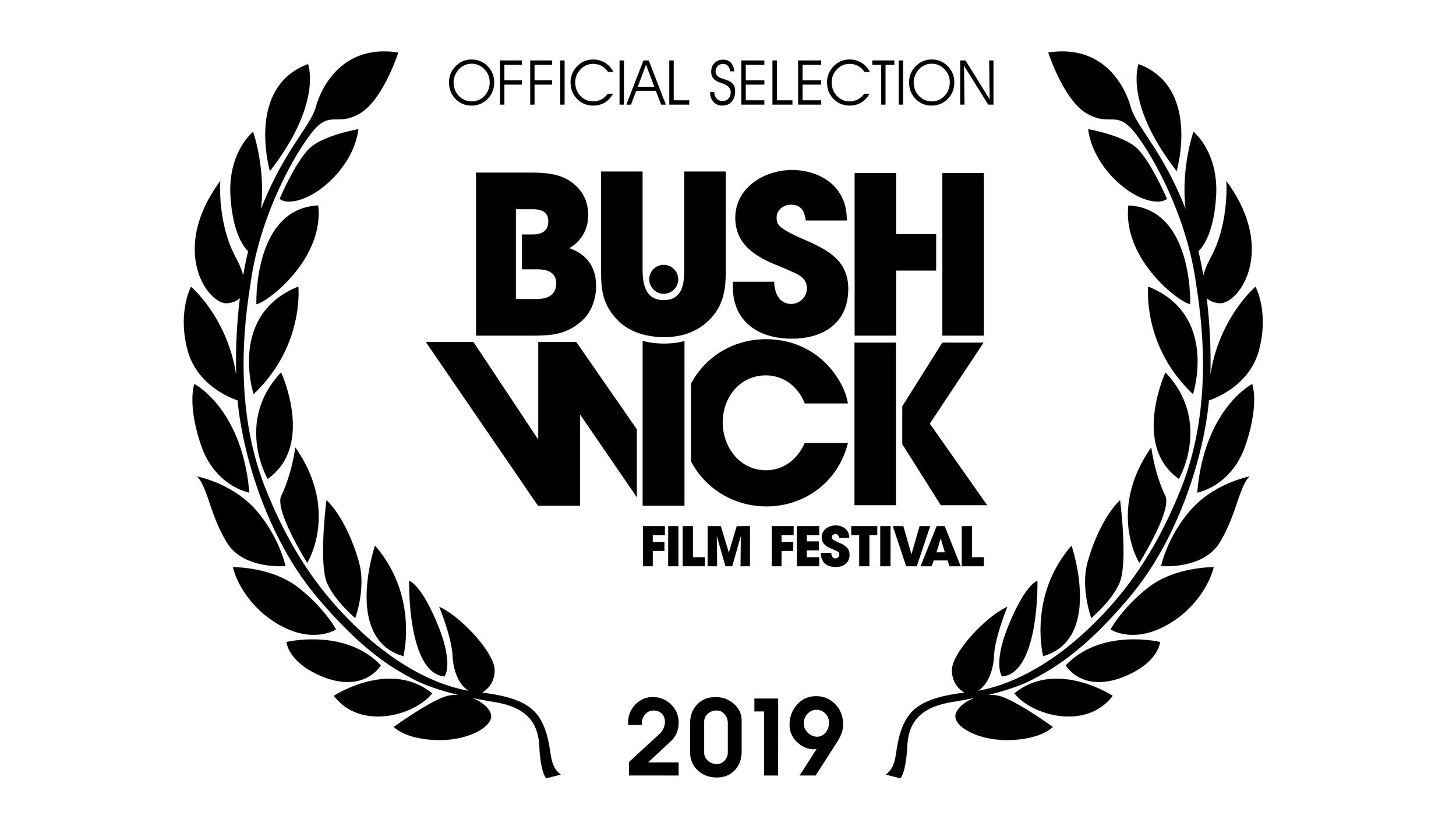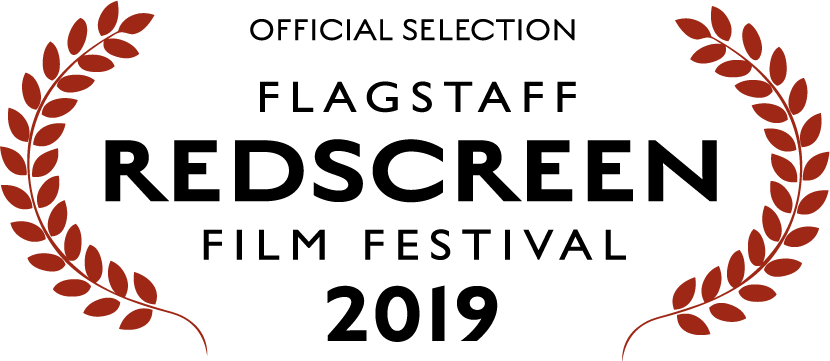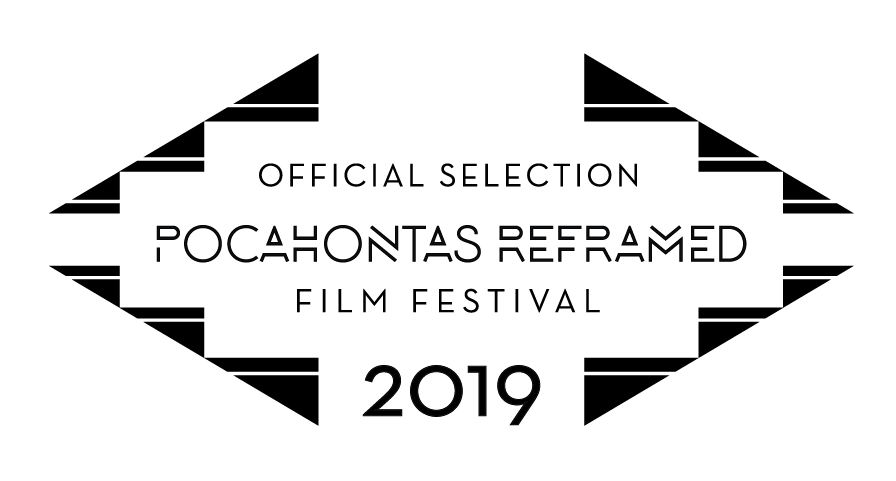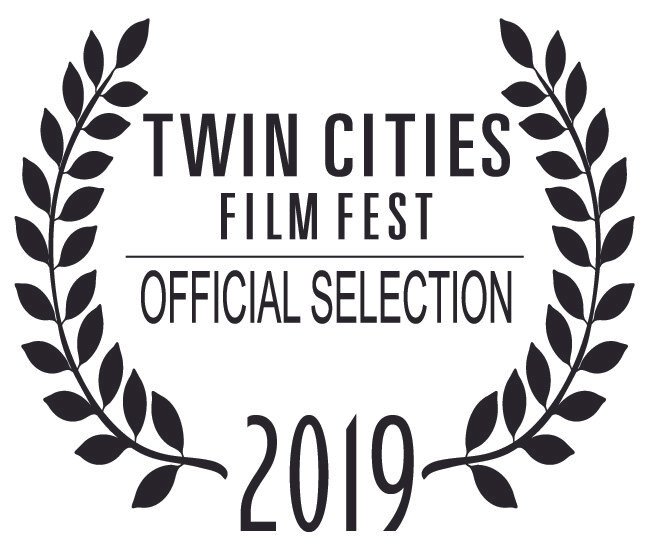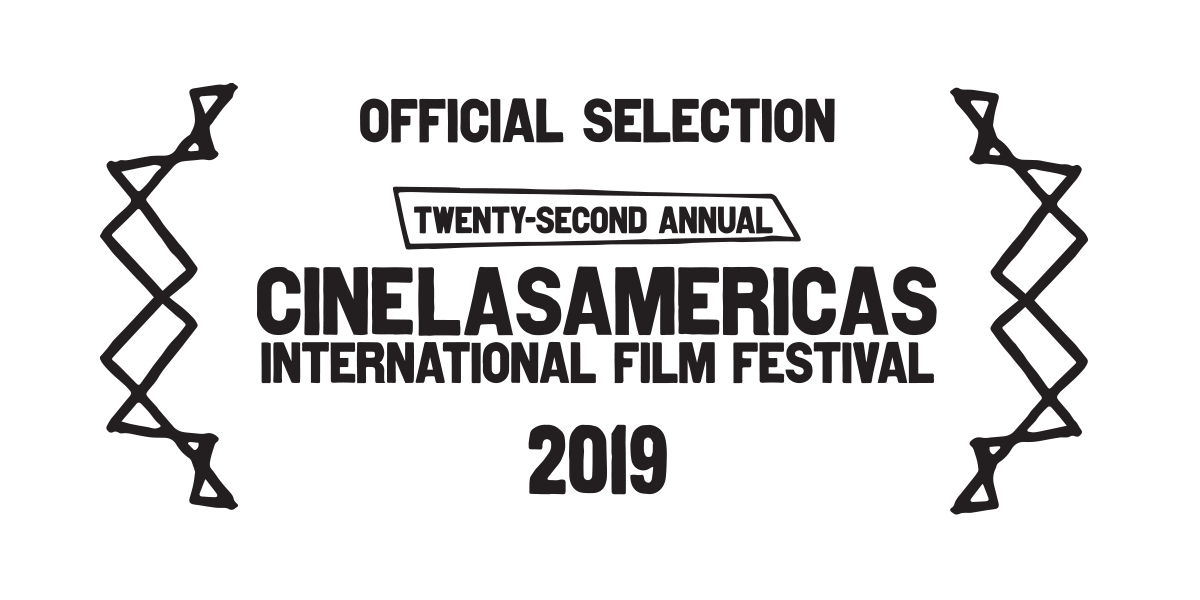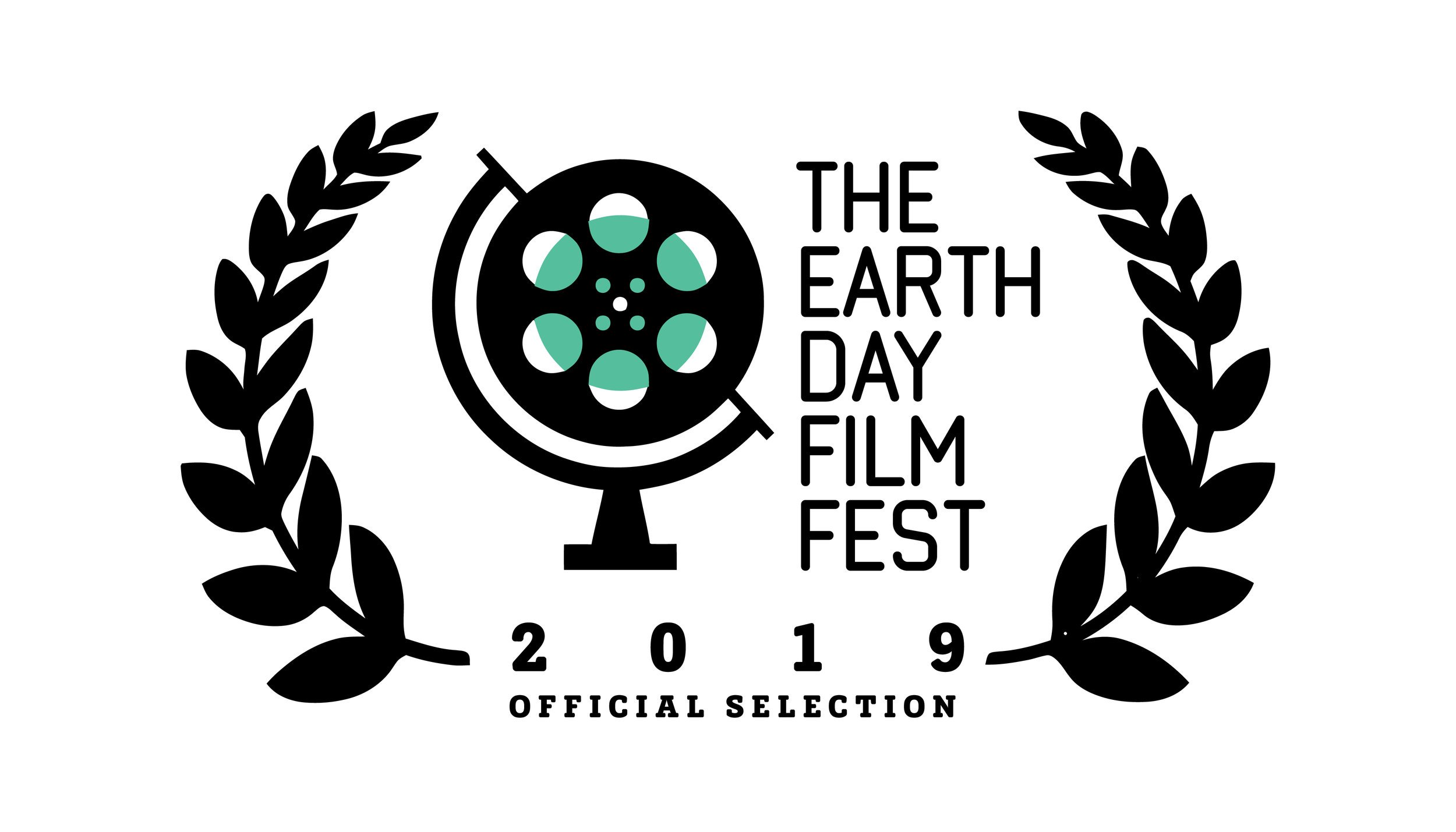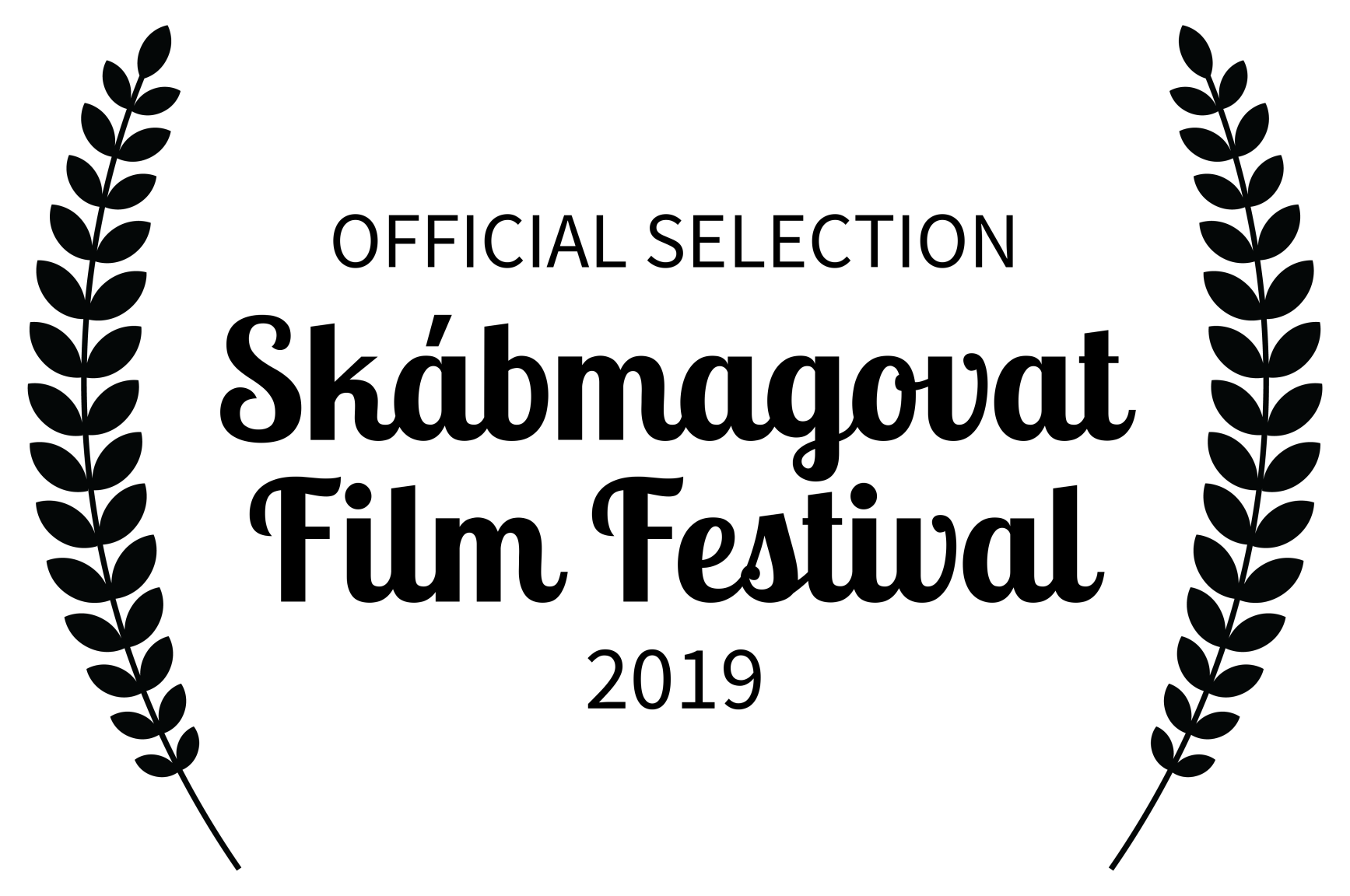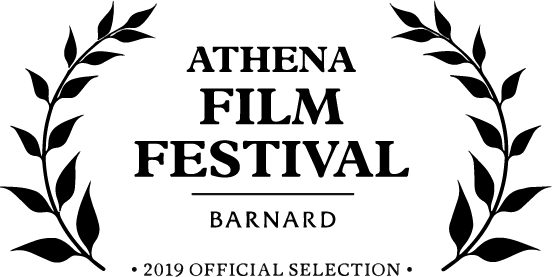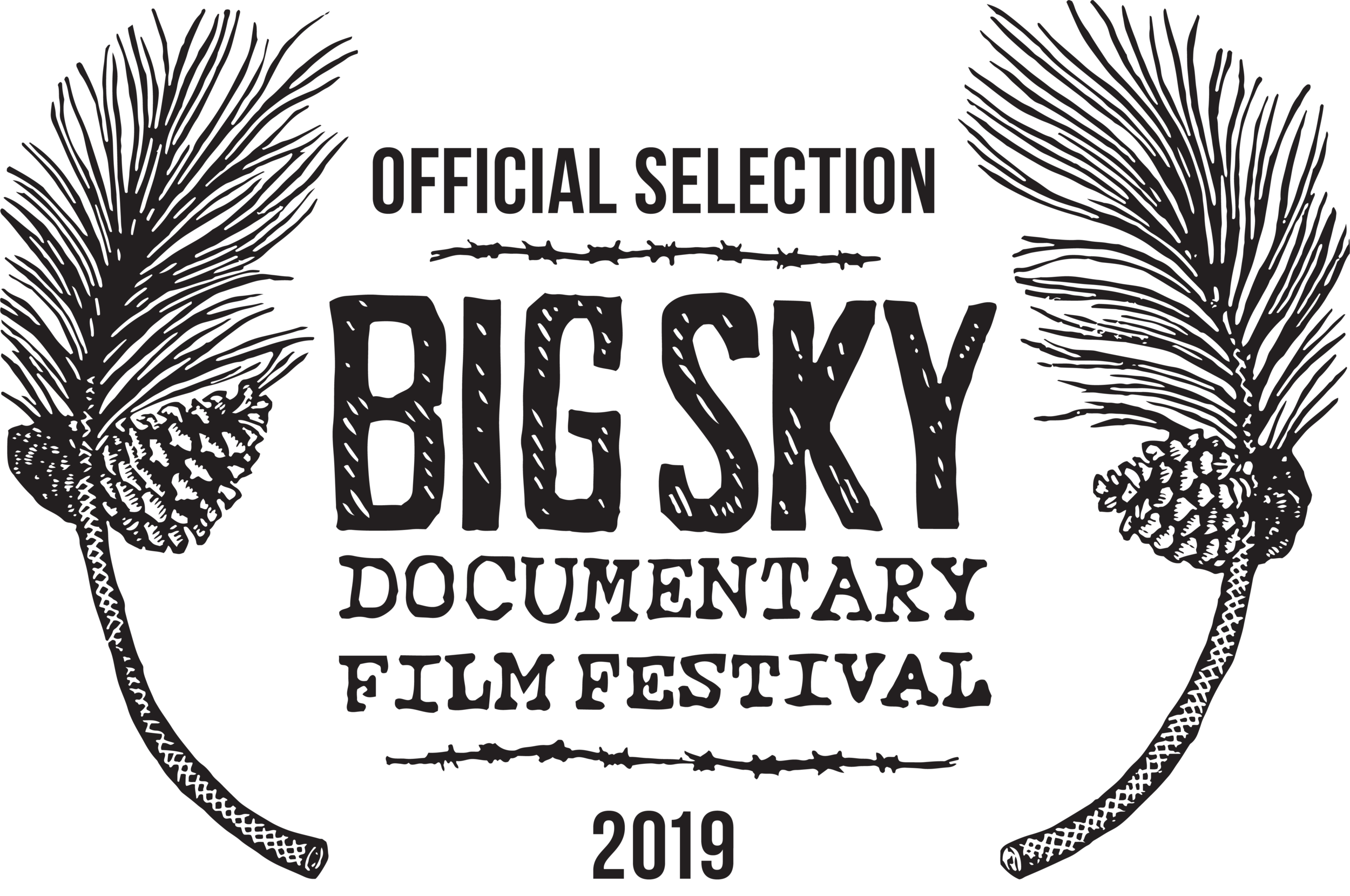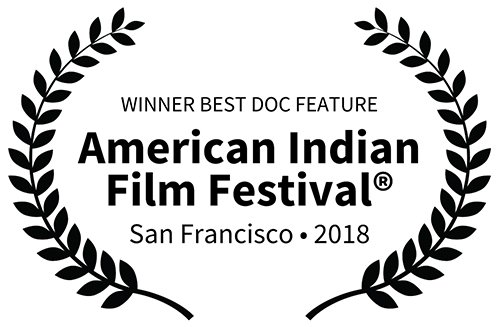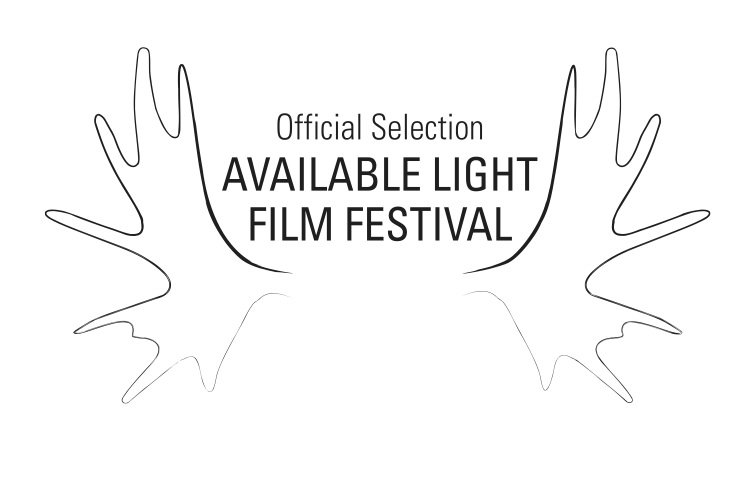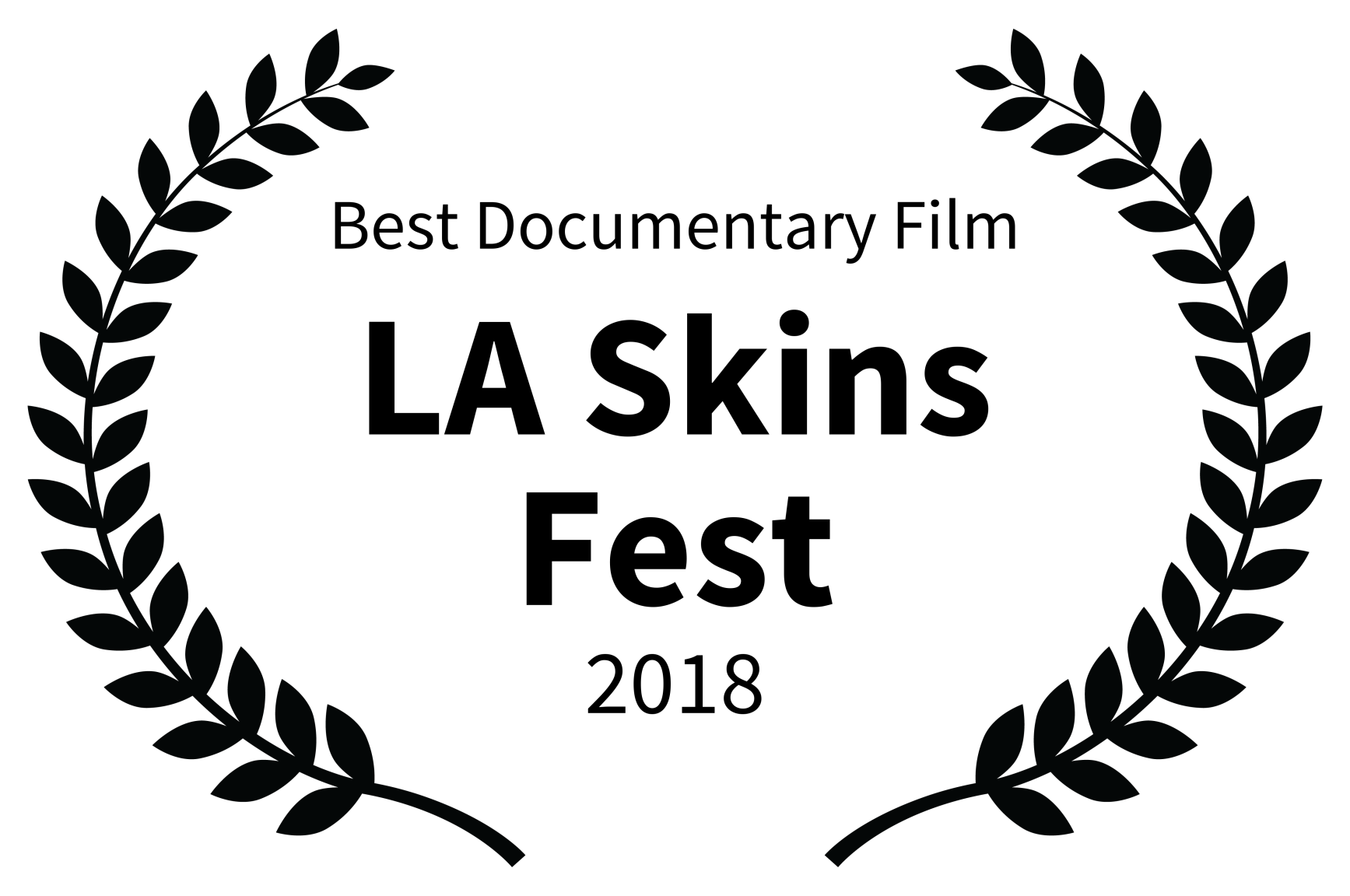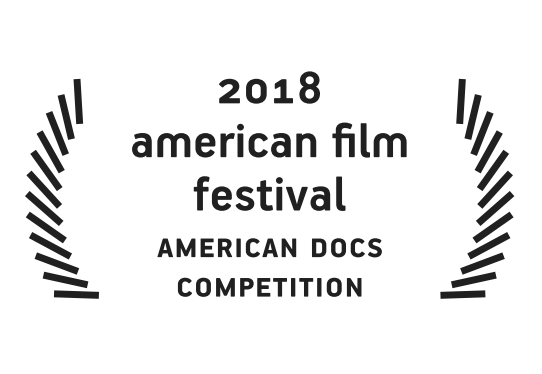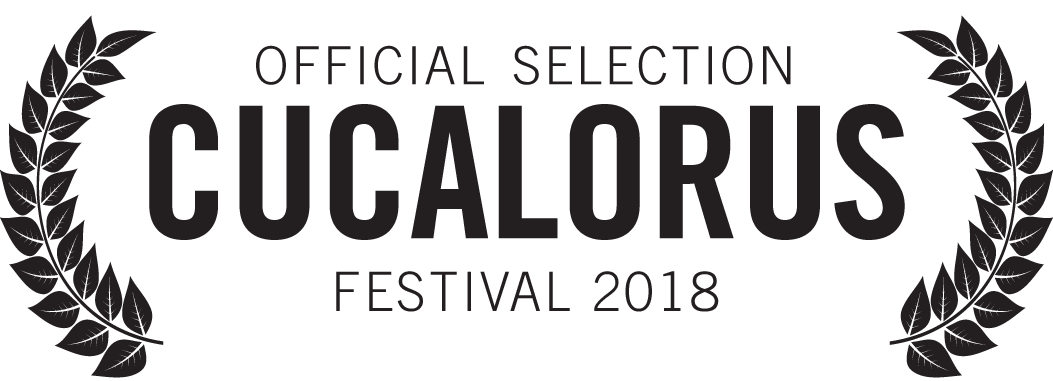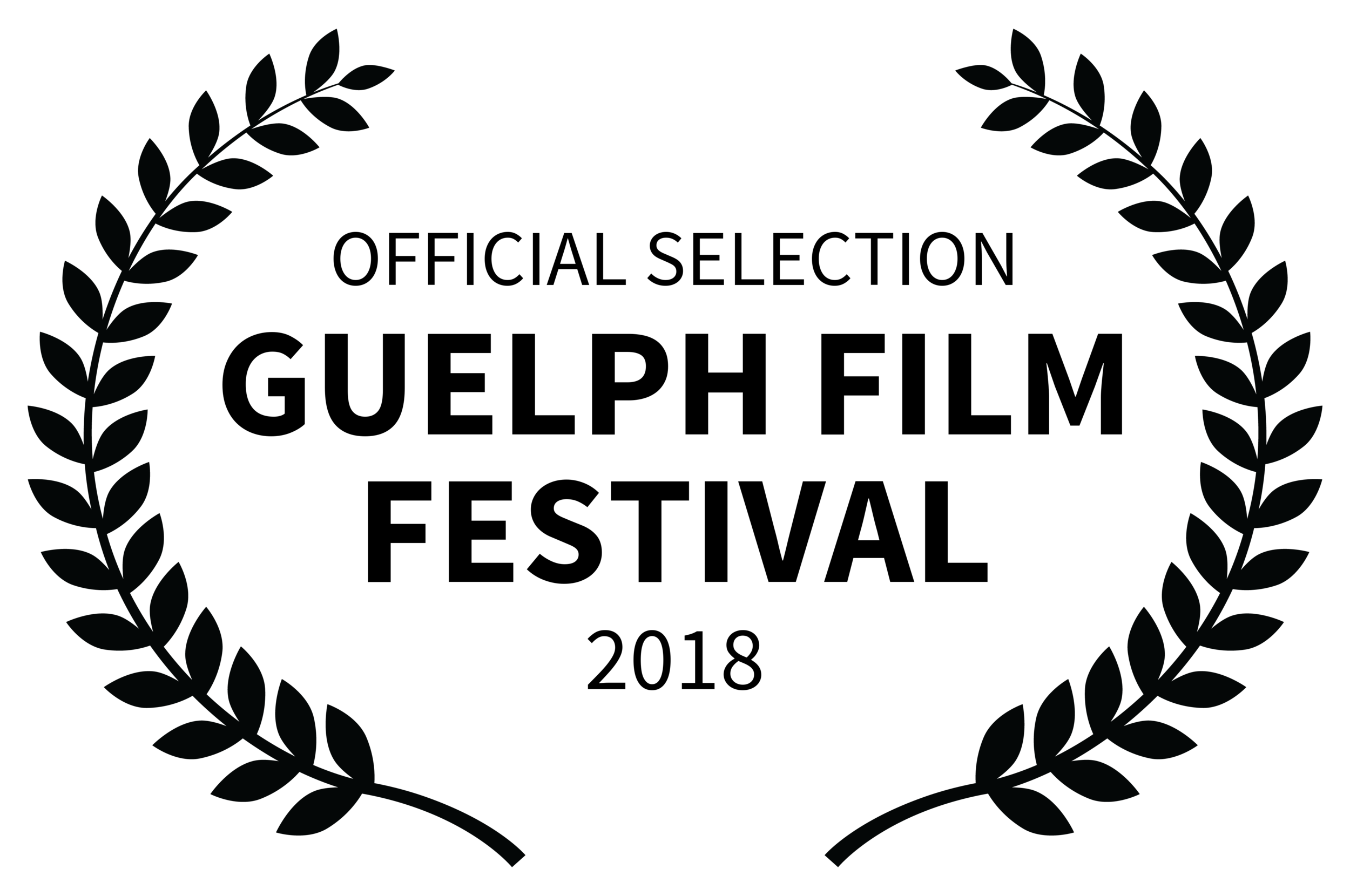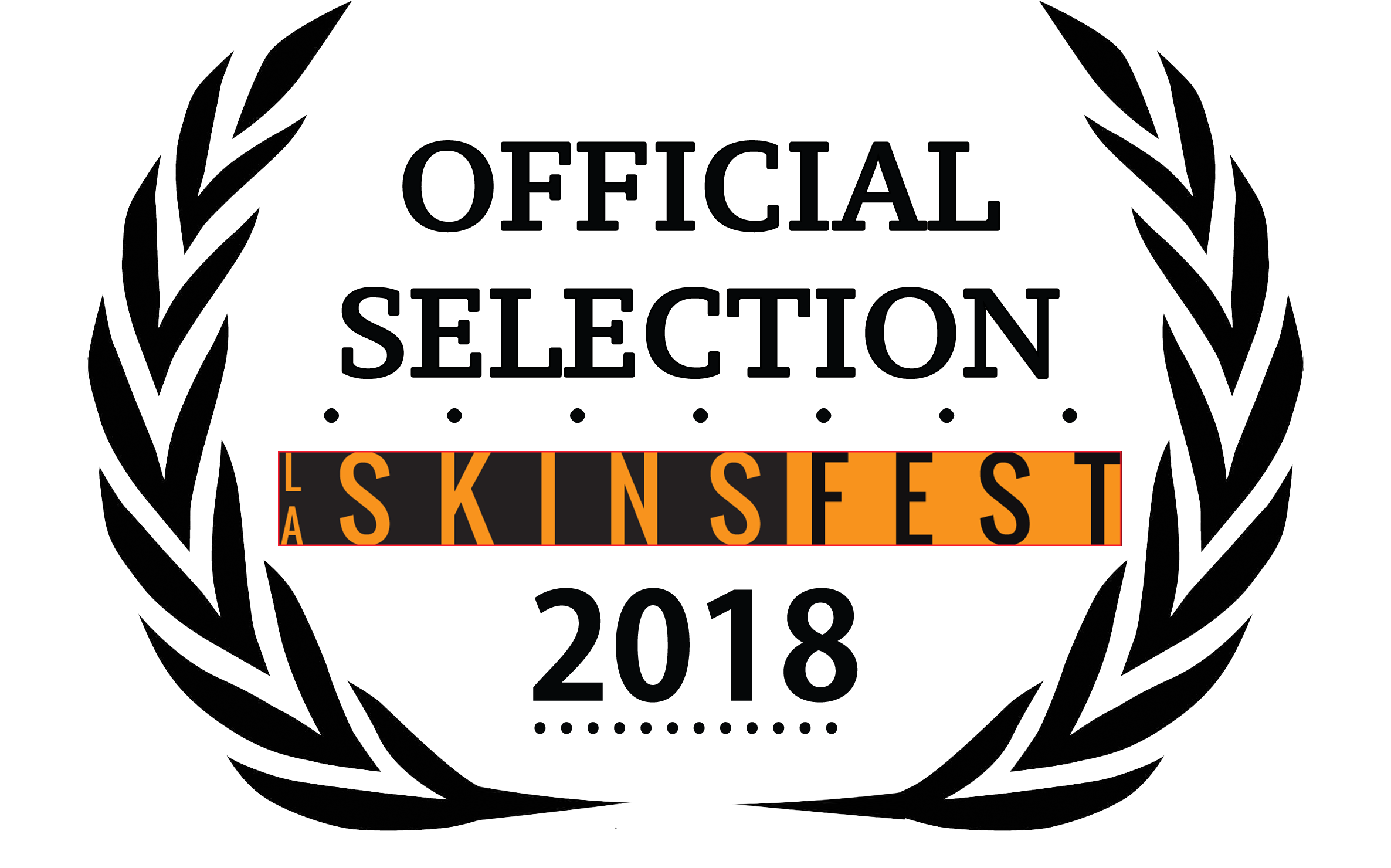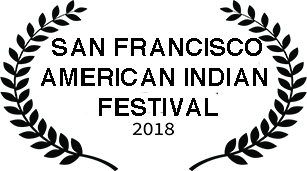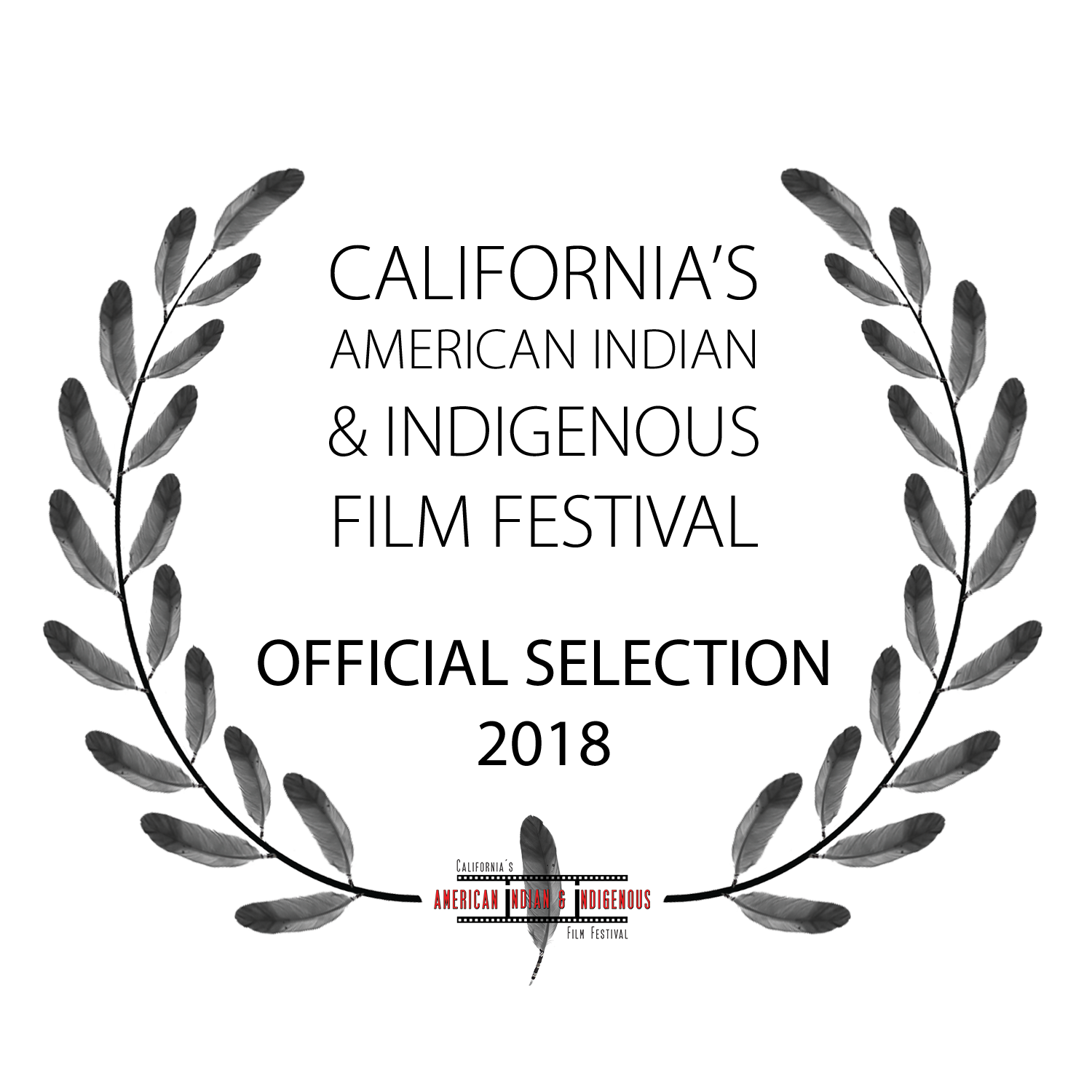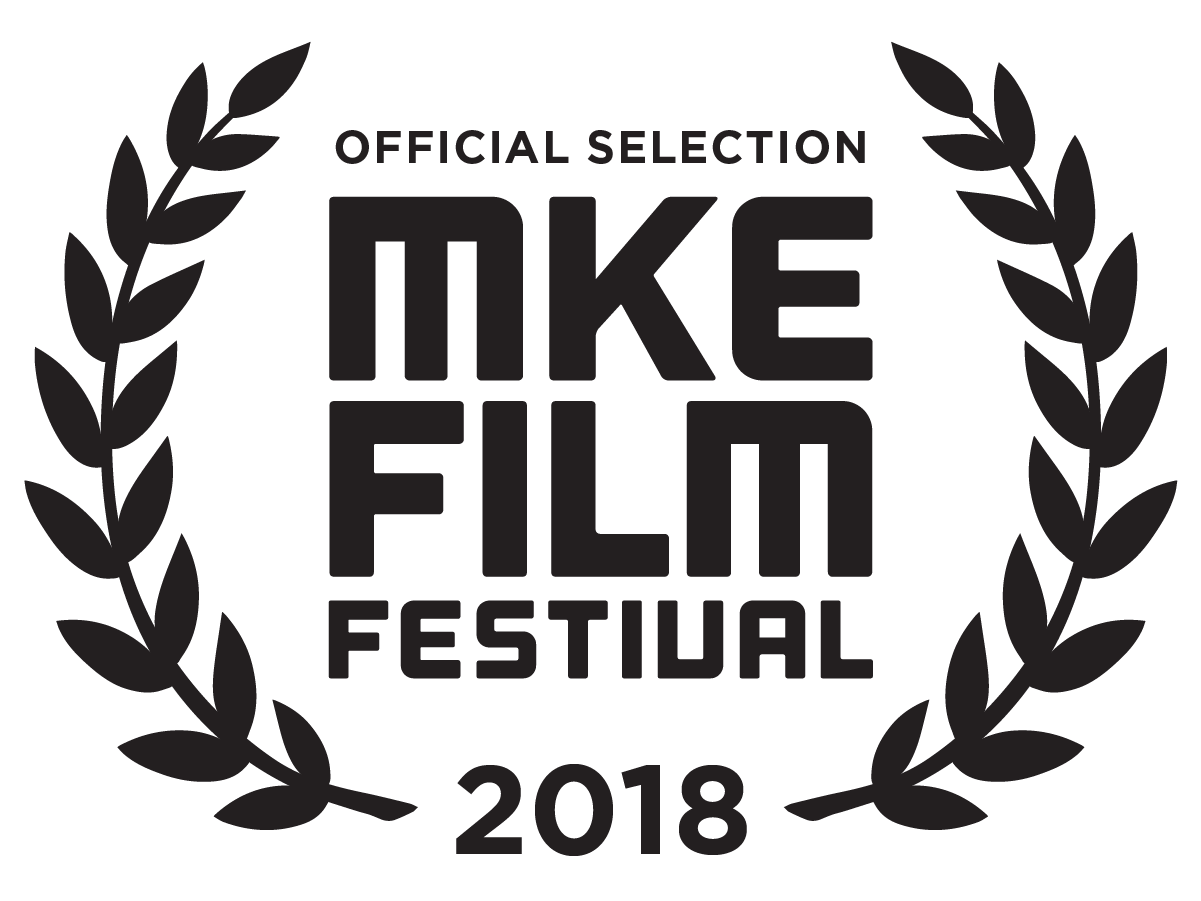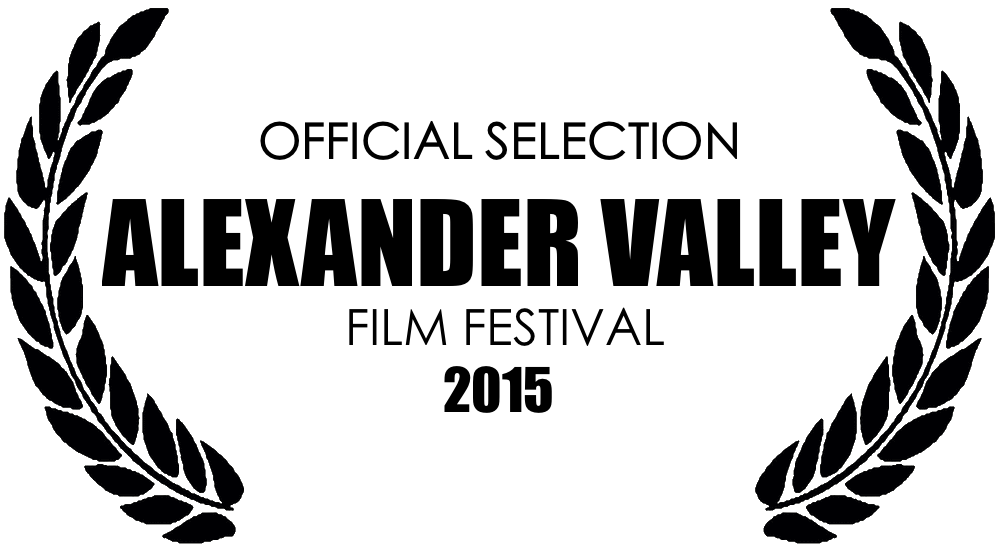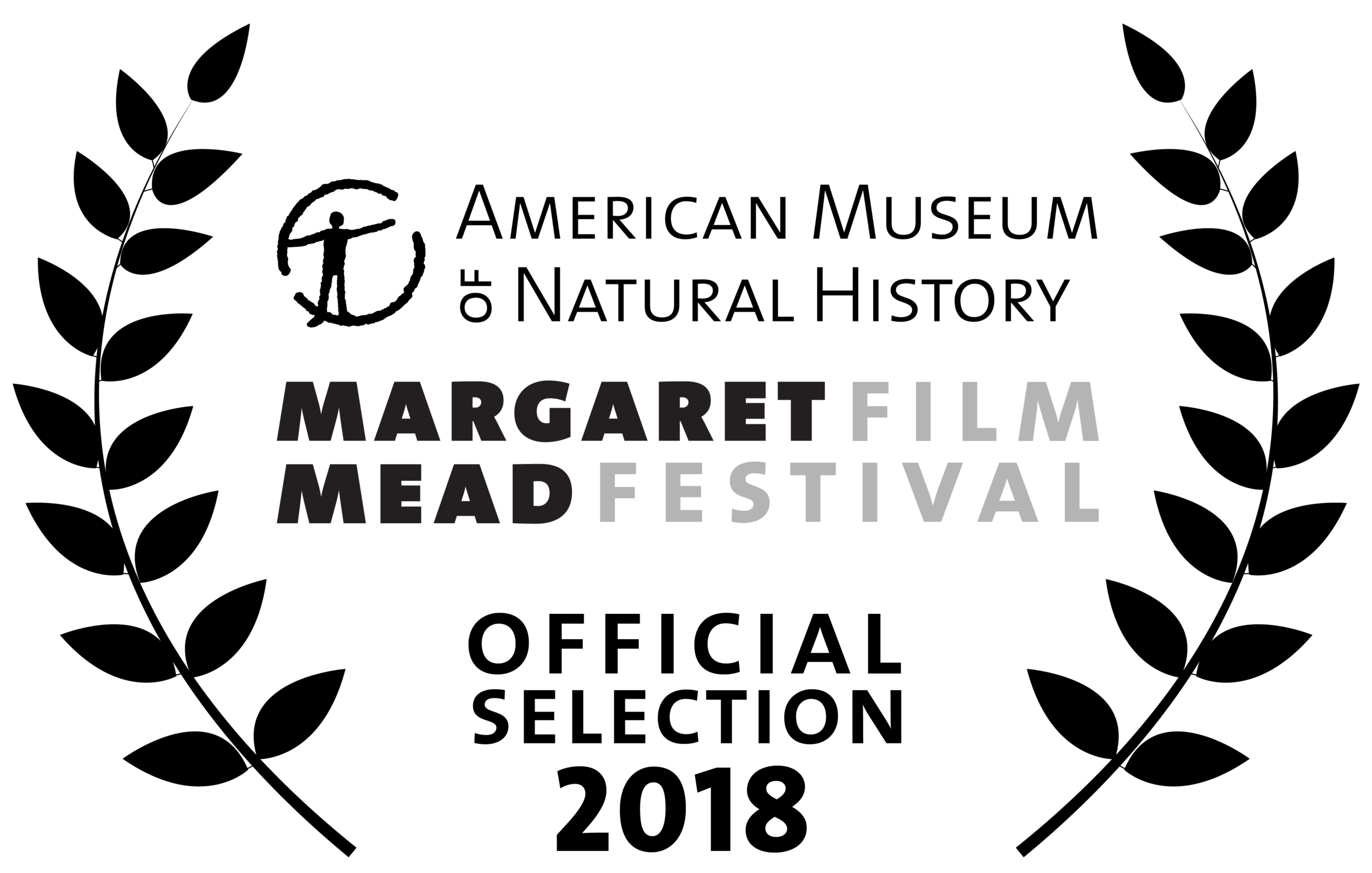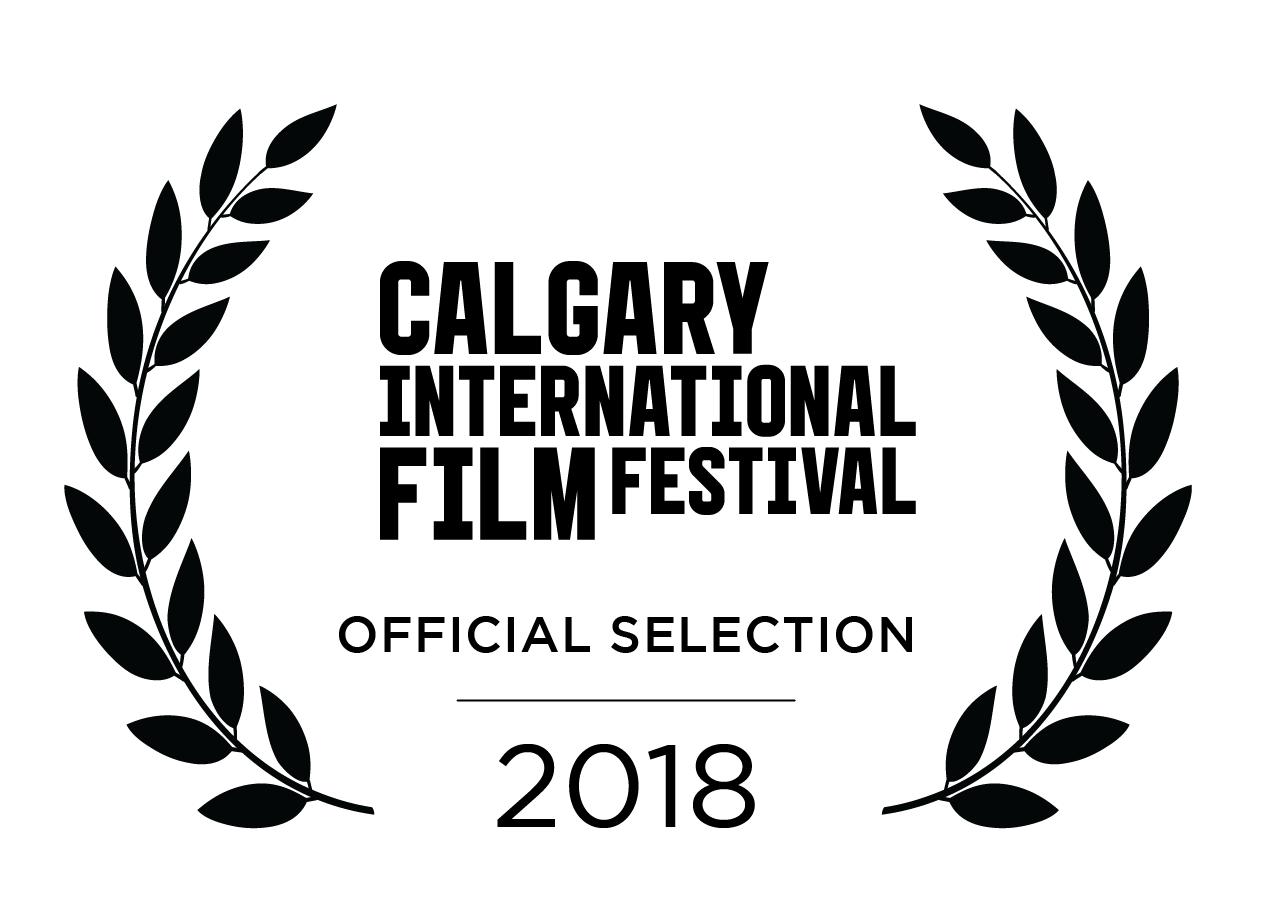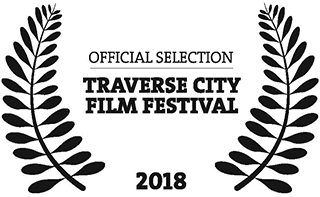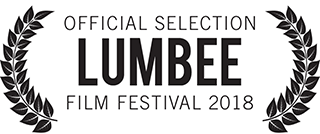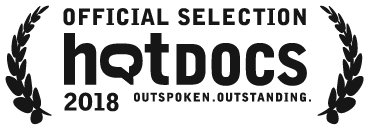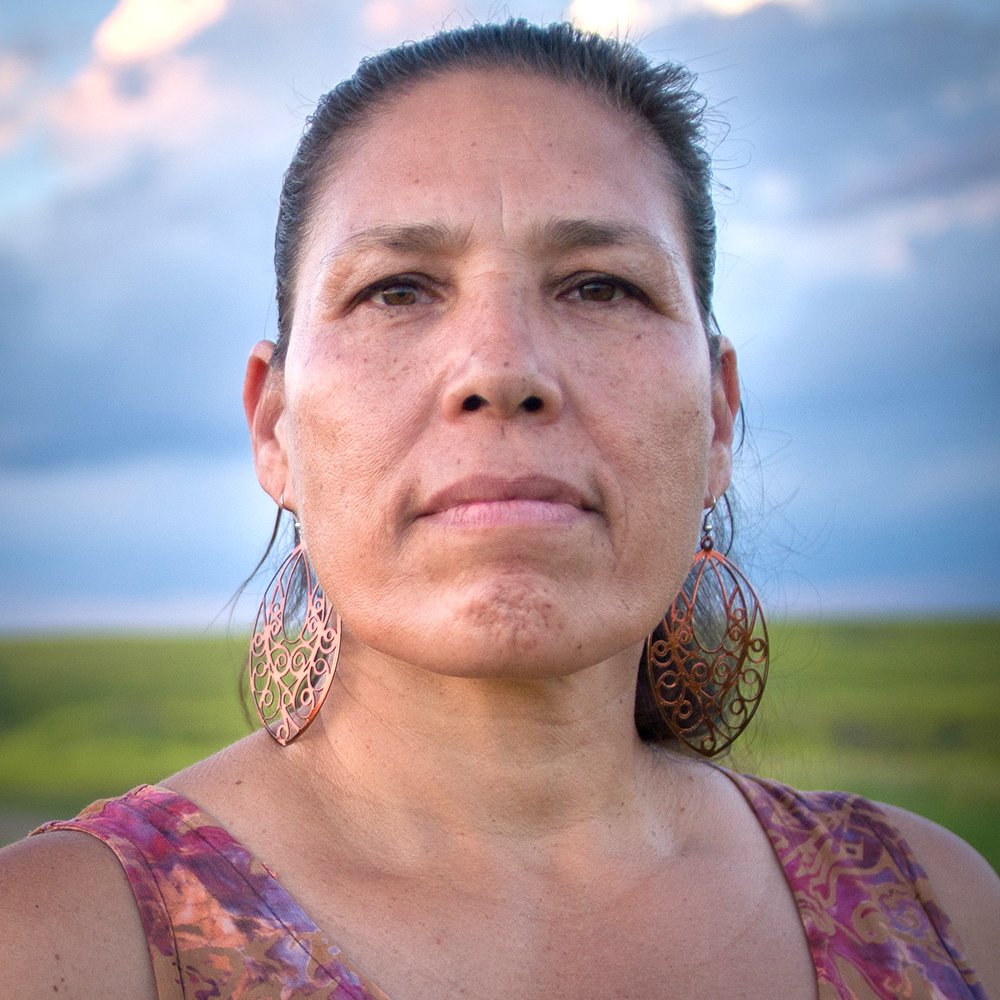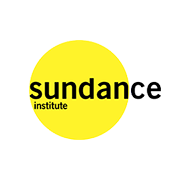Warrior Women is available for personal use for rental or purchase through our Vimeo VOD.
Institutions or organizations can license Warrior Women through our educational distributor GOOD DOCS!
GOOD DOCS champions creative documentary films that promote new ideas, social change and human rights. Their documentaries contribute to classroom learning and beyond. Their GOOD TALKS bring filmmakers to your campus to serve students, educators, communities and filmmakers. You can purchase your Warrior Women licensing and DVD by visiting https://gooddocs.net/products/warrior-women
Find out more about Educational DVD & Screening opportunities by emailing outreach@gooddocs.net for more information.
Synopsis
In the 1970s, with the swagger of unapologetic Indianness, organizers of the American Indian Movement (AIM) fought for Native liberation and survival as a community of extended families.
Warrior Women is the story of Madonna Thunder Hawk, one such AIM leader who shaped a kindred group of activists' children - including her daughter Marcy - into the "We Will Remember" Survival School as a Native alternative to government-run education. Together, Madonna and Marcy fought for Native rights in an environment that made them more comrades than mother-daughter. Today, with Marcy now a mother herself, both are still at the forefront of Native issues, fighting against the environmental devastation of the Dakota Access Pipeline and for Indigenous cultural values.
Through a circular Indigenous style of storytelling, this film explores what it means to navigate a movement and motherhood and how activist legacies are passed down and transformed from generation to generation in the context of colonizing government that meets Native resistance with violence.
Featured Perspectives
MADONNA THUNDER HAWK
I am an Oohenumpa Lakota from the Cheyenne River Sioux Reservation, and an OG AIMster with more than 60 years experience of working for Indian sovereignty, environmental justice and cultural reclamation. I’m a veteran of many modern Native American struggles – from the occupations of Alcatraz (1969), Mount Rushmore (1970), and Wounded Knee (1973) to the more recent #NODAPL and #LandBack movements. In the late 1960s, I became an organizer in the American Indian Movement (AIM), and while I have remained committed to national and international struggles for Indigenous sovereignty, I have anchored much of my organizing at the grassroots community level. In 1974, I set up the "We Will Remember Survival School" as a decolonizing space for Indian youth who had been pushed-out from the mainstream educational system. I also helped organize Women of All Red Nations (WARN) in 1978 and the Black Hills Alliance in 1979 to raise awareness of the racist-, gendered-violence of settler-colonialism. With Beth and Marcy, I co-founded the Warrior Women Project to ensure that the legacy of this movement activism lives on for future generations. More recently, I worked as the tribal liaison for the Lakota People's Law Project, fighting the illegal removal of Native children from tribal nations into the state foster care system. I have built upon this work with other women on Cheyenne River Reservation through the Waš’ágiya Nájiŋ "Grandmothers' Group", which aims to restore Lakota kinship networks. Alongside my work for Warrior Women, I currently serve as Director of Grassroots Organizing for the Red Road Institute.
MARCELLA GILBERT
I am an Oohenumpa Lakota and Ihunktuwan Dakota community organizer with a focus on food sovereignty and cultural revitalization. As the daughter of Madonna Thunder Hawk and a member of AIM Youth, I grew up inside the movement for Indigenous self-determination. I studied, protested, and organized as part of the We Will Remember Survival Group, and served as their delegate to the First UN Conference on Indigenous Peoples in Geneva, aged 17. Now, as a mother and grandmother, I continue to pass down the legacy of local & global Indigenous activism for future generations. I hold a Master’s in Nutrition from South Dakota State University, and have worked with Native communities and youth on food sovereignty projects to tackle disease and restore wellbeing. My ultimate goal is to reintroduce organic farming of traditional, sustainable foods to my reservation as an expression of the most fundamental form of survival and empowerment. Following in a long tradition of matriarchy and Native women’s leadership, I formed Nažó Society with Dawnee LeBeau as a space for women to gather and organize against the violence of environmental destruction. ‘Nažó’ means to “sound or blow the whistle in alarm” in Lakota, and we campaign to draw attention to the issues of Missing and Murdered Indigenous Women (MMIW). I have also worked for Simply Smiles, Inc., a non-profit organization operating on the Cheyenne River reservation in South Dakota, and was recognized by the Bush Foundation's Native Nations Rebuilders Program in 2014. I continue my community organizing work through the Warrior Women Project – connecting our history to contemporary struggles.
Our Filmmakers
CHRISTINA D. KING | Director & Producer
An enrolled member of the Seminole Tribe of Oklahoma, Christina D. King’s work spans broadcast news, commercials, documentary, film, and television with a focus on human rights issues, civic engagement through storytelling, and democratizing filmmaking opportunities for marginalized voices.
King most recently debuted the narrative feature film We The Animals at Sundance 2018 to critical success. The film was awarded the NEXT Innovator Award and is nominated for five Independent Spirit Awards. King’s directorial debut about the mothers and daughters of the American Indian Movement, Warrior Women (ITVS), debuted at HotDocs and and was awarded the SkinsFest award for Achievement in Documentary Filmmaking.
King’s other producing credits include This May Be The Last Time (Sundance 2014), which explores the origins of Native Mvskogee worship songs in Oklahoma, as well as the POV documentary Up Heartbreak Hill.
A former Time Warner Native Producing Fellow through the Sundance Institute, King’s producing and directing work has gone on to receive support through the Institute’s Documentary Fund, Edit & Story Lab, and Producing Fellowship. King’s projects have also garnered supported through fellowships with the female film fund, Chicken & Egg Pictures and Stanley Nelson’s Firelight Films.
King is based in un-ceded Lenape land in Brooklyn, New York.
ELIZABETH A. CASTLE | Director & Producer
I have spent the past 25 years working at the intersection of media, scholarship, and activism, as an anti-racist educator committed to liberating and sharing unknown histories of resistance. My career has focused on bridging the divide between academia and frontline communities through scholar-activism. While undertaking a Ph.D. at Cambridge University on women’s activism in the Black Panther Party and the American Indian Movement, I worked at White House for the President’s Initiative on Race. Later, I taught at Stanford University and Berkeley, and received the University of California Presidential Postdoctoral Fellowship from UC Santa Cruz, under the supervision of professors Angela Y. Davis and Bettina Aptheker. Between 2007-2013, I was Assistant Professor of American Indian Studies at the University of South Dakota, where I collaborated with students to produce the North American Indigenous Oral History Project. I taught at Denison where, with students, I created the Water Protectors Community Oral History Project in 2017 and most recently at Ohio State University.
I took a break from teaching to co-direct the Peabody Award Nominated film, Warrior Women (2018) and co-founded the Warrior Women Project (WWP) to honor the legacies and share the living histories of Red Power matriarchs, many of whom I interviewed. I have served as WWP’s Director since the founding of the project in 2006. Guided by my firm belief in intergenerational collaboration, I frequently contribute my experience and expertise in oral history, community archiving and filmmaking to people and spaces that center the liberatory and world-making potential of education. In 2022-2023, I was a recipient of the National Endowment for Humanities-Oral History Association Fellowship in Oral History.
ANNA MARIE PITMAN | Producer
Anna Marie is a producer working in a cross section of formats and genres; documentaries, commercials and narrative films. Instigated by the disappointment created from witnessing similar indigenous struggles in her home country of Australia, Pitman’s ambitions lie in documentary storytelling through socially-conscious projects. She is a graduate of the University of New South Wales in Australia with a BA in Film Studies, Political science & Spanish.
Pitman recently produced Crystal Moselle’s Our Dream of Water, a three-part documentary series for National Geographic spotlighting the global water crisis through the eyes of women in Haiti, Peru and Kenya and their daily struggle to find clean, safe water. Pitman went on to produce Moselle’s documentary/narrative hybrid short film; That One Day, which premiered at Venice Film Festival 2016.
Pitman produced Jared Leto’s documentary projects The Great Wide Open, a series celebrating America's National Parks and the adventurers who explore them, as well as Beyond the Horizon an in-depth interview series with visionaries such as Al Gore, Edward Snowden, Deepak Chopra, Alicia Garcia, Walter Isaacson, Charles Frank Bolden Jr, Marina Abramovic and John Kiriakou.
Other documentary credits include Rick Burns’ American Experience: We Shall Remain (PBS), Future Cities (Vice), 7 Deadly Sins (Showtime), Six by Sondheim (HBO), Hidden Dangers (Waterislife.org), Brooklynn (PSA for Gun Safety), and #Callingallvoices (Fusion).
ANDREAS BURGESS | Director of Photography
A cinematographer working in narrative, documentary and the spectrum in between for over 15 years, Andreas Burgess' work has screened at TriBeCa, SXSW, Full Frame, Sundance and Cannes and on ABC, PBS, ESPN, History, Discovery and NYTimes.com.
In 2015, he received his 2nd consecutive Emmy for his work on the period murder series A Crime To Remember. His narrative credits also include ABC's Final Witness, Independent Spirit Award-Winner Conventioneers, Lisa Robinson and Annie J. Howell's Claire in Motion, Mehreen Jabbar's Dobara Phir Se, and most recently Liz W. Garcia's One Percent More Humid, which premiered in competition at Tribeca 2017. Documentary credits include Johanna Hamilton's 1971 (INDEPENDENT LENS), Elisabeth James' ethereal In So Many Words, and The Other Half of Tomorrow (Samina Quraeshi and Sadia Shepard's portrait of modern Pakistan that opened the 2012 Margaret Mead Film Festival).
KEIKO DEGUCHI | Editor
Keiko Deguchi is a film editor of narrative and documentary films based in New York City. Deguchi has edited over 30 feature length films including the narrative films We The Animals by Jeremiah Zagar, The Hot Flashes, directed by Susan Seidelman, Fur: An Imaginary Portrait of Diane Arbus, directed by Steven Shainberg, (Untitled), directed by Jonathan Parker and Handsome Harry, directed by Bette Gordon. Her documentary film credits include award-winning films such as Jeremiah Zagar’s In A Dream; Linda Hattendorf’s The Cats of Mirikitani; Jason DaSilva’s When I Walk and Todd and Jedd Wider’s God Knows Where I Am.
JOHN LARSON | Director of Photography
John Larson is a documentary cinematographer who works on a wide variety of projects with a focus on vérité filmmaking. His film Edith and Eddie (2017) was nominated for an academy award.
KRISTEN NUTILE | Editor
Kristen Nutile is documentary editor and filmmaker based in New York City. She recently edited Heroin(e) which was nominated for an Academy Award. She also edited Weed The People, The Bullish Farmer, Deep Run, and Unfinished Spaces. Other editing credits include Every Day Is a Holiday, Starboard Light, Invitation to Dance, and From Prison to Home. Kristen’s work has shown all over the world including the Sundance Film Festival and the Tribeca Film Festival, and she is a recipient of the Albert Maysles Award for Excellence in Documentary Filmmaking. Kristen collaborated with legendary filmmaker, Albert Maysles and Tanja Meding on Sally Gross - The Pleasure of Stillness, a documentary about dancer and choreographer, Sally Gross. It screened at the National Gallery of Art in Washington DC and the Film Forum in New York City. She holds Master’s degrees in both Documentary Film and Video from Stanford University and Biology from San Francisco State University.
